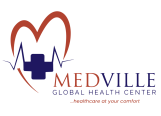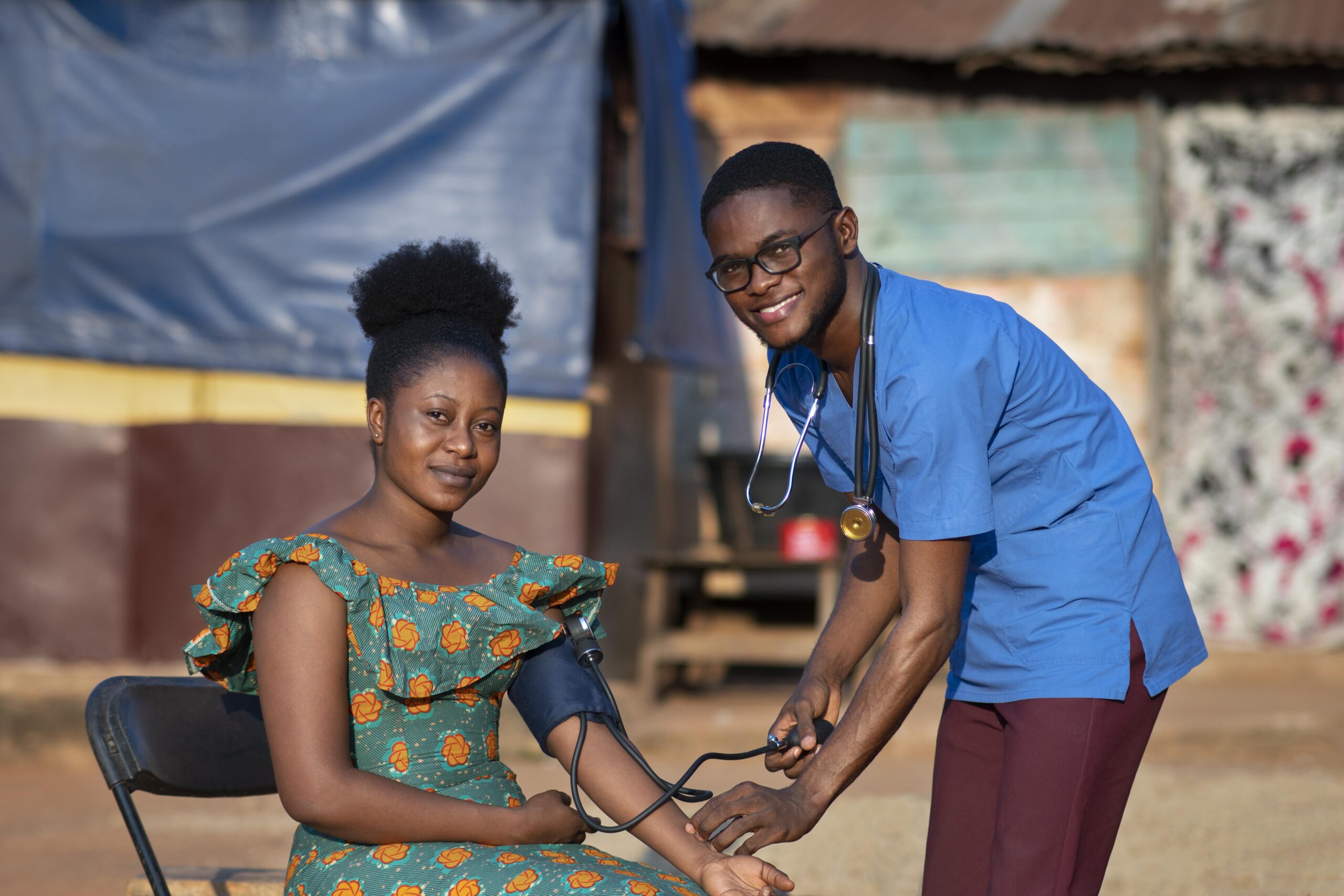Healthcare is a fundamental human right, yet millions of Africans continue to face significant challenges in accessing quality medical care. From inadequate infrastructure to shortages of healthcare professionals, the continent struggles to provide accessible, affordable, and efficient healthcare services to its growing population. However, innovative solutions and strategic policies are reshaping the healthcare landscape in Africa, offering hope for a healthier future.
In this article, we explore the key challenges affecting healthcare delivery in Africa and practical solutions that can drive improvement across the continent.
Major Challenges in African Healthcare
1. Inadequate Healthcare Infrastructure
Many African countries lack well-equipped hospitals, clinics, and diagnostic centers, particularly in rural areas. Patients often travel long distances to receive medical attention, leading to delays in treatment and increased mortality rates.
2. Shortage of Healthcare Professionals
The doctor-to-patient ratio in many African nations is alarmingly low. Brain drain remains a serious issue, with highly trained African doctors and nurses migrating to developed countries in search of better opportunities. This creates a severe workforce gap, leaving millions underserved.
3. Limited Access to Essential Medicines
Essential medications, including vaccines, antibiotics, and chronic disease treatments, are often expensive or unavailable. Counterfeit drugs also pose a significant threat, reducing treatment effectiveness and endangering lives.
4. High Cost of Healthcare Services
A large percentage of Africans pay out-of-pocket for medical services, making healthcare inaccessible for low-income families. The lack of comprehensive health insurance schemes leaves many people without financial protection against medical emergencies.
5. The Burden of Infectious and Non-Communicable Diseases
Africa still battles high rates of infectious diseases such as malaria, tuberculosis, and HIV/AIDS. At the same time, non-communicable diseases (NCDs) like diabetes, hypertension, and cancer are on the rise due to changing lifestyles, urbanization, and poor healthcare awareness.
6. Poor Healthcare Data and Digitalization
Many healthcare systems in Africa still rely on manual record-keeping, making patient tracking, diagnosis, and treatment inefficient. Lack of data-driven decision-making hampers healthcare planning and resource allocation.
7. Health Misinformation and Lack of Awareness
Superstitions, traditional beliefs, and misinformation often prevent people from seeking timely medical care. Vaccine hesitancy and distrust in modern medicine remain significant barriers to disease prevention efforts.
Solutions to Africa’s Healthcare Challenges
1. Strengthening Healthcare Infrastructure
Governments and private investors must prioritize the construction and modernization of hospitals, clinics, and diagnostic centers. Public-private partnerships (PPPs) can help bridge funding gaps and improve healthcare access, especially in rural areas.
2. Investing in Healthcare Workforce Development
To address the shortage of medical professionals, African nations must:
✔ Increase medical school admissions and funding for training programs.
✔ Offer incentives to retain healthcare workers in their home countries.
✔ Introduce telemedicine to connect rural communities with urban-based doctors.
3. Expanding Access to Affordable Medications
✔ Strengthening local pharmaceutical production can reduce reliance on imported medicines.
✔ Governments must enforce stricter regulations to combat counterfeit drugs.
✔ Expanding health insurance coverage will help lower medication costs for patients.
4. Implementing Universal Health Coverage (UHC)
African nations should work toward affordable and accessible healthcare for all by:
✔ Expanding national health insurance schemes.
✔ Providing subsidized healthcare services for low-income individuals.
✔ Encouraging community-based health financing programs.
5. Strengthening Disease Prevention and Awareness Campaigns
✔ Mass vaccination programs must be intensified to prevent outbreaks of infectious diseases.
✔ Encouraging regular health check-ups can help detect and manage NCDs early.
✔ Public health campaigns should combat misinformation and promote health education.
6. Leveraging Digital Health and Telemedicine
✔ Electronic Medical Records (EMRs) can improve patient data management.
✔ Telemedicine platforms allow remote diagnosis, reducing the need for travel.
✔ AI-powered diagnostic tools can support healthcare workers in resource-limited areas.
7. Strengthening Public-Private Partnerships
✔ Governments must collaborate with private investors, NGOs, and international health organizations to fund healthcare projects.
✔ Investment in medical research and innovation can lead to breakthroughs in treating diseases specific to Africa.
The Future of Healthcare in Africa
Africa’s healthcare challenges are significant but not insurmountable. With increased investment, innovation, and strategic policies, the continent can build a resilient, accessible, and efficient healthcare system. Governments, healthcare professionals, and citizens must work together to ensure better health outcomes for future generations.
The road to transformation is long, but a healthier Africa is possible!



